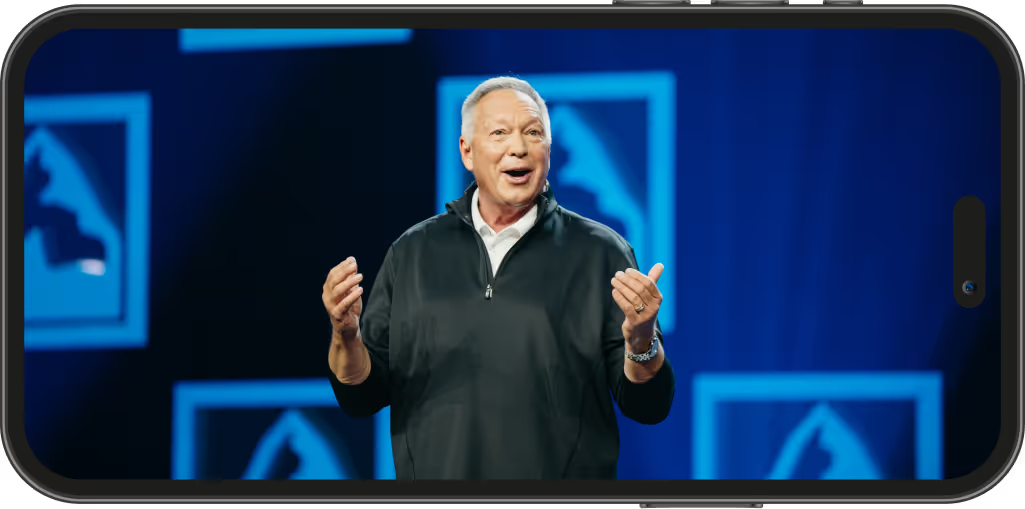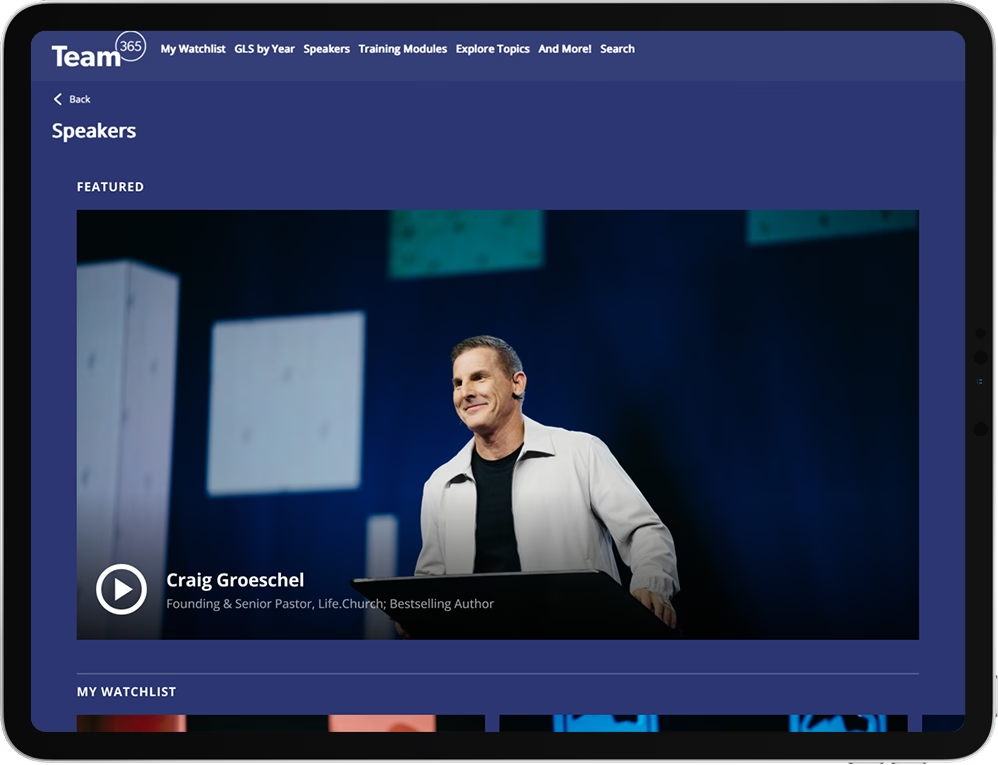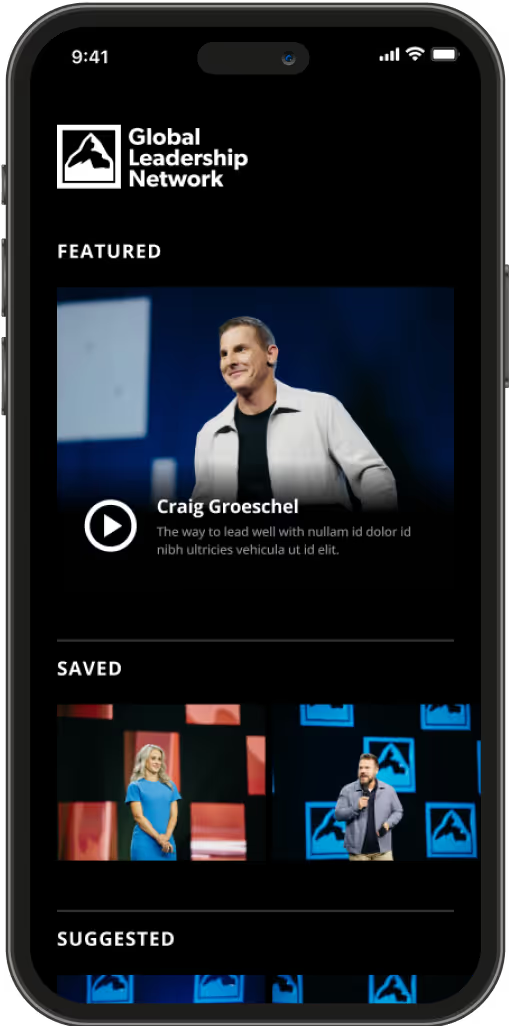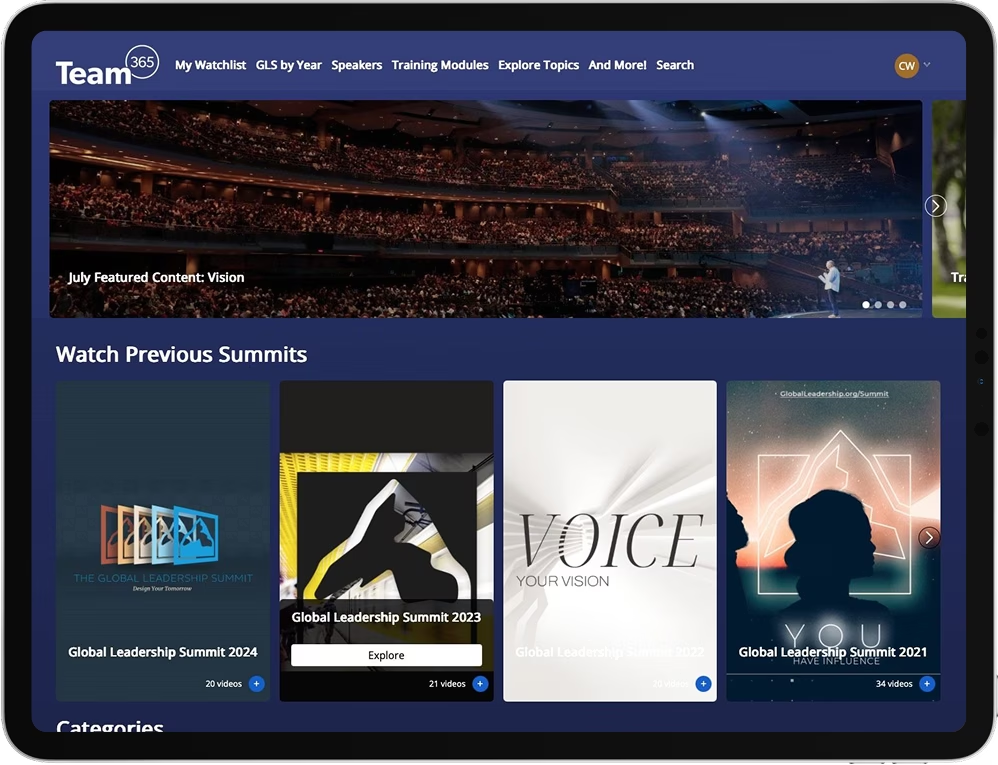Leveraging the opportunities of the 21st-century world requires a strategy for assessing and developing cultural intelligence.—David Livermore, Ph.D.
As an executive recruiter, I have the privilege of walking alongside senior leaders from nonprofit and ministry settings who are considering cultural intelligence as a must-have soft skill in their new hires.
In a recent conversation with an international mission organization, the CEO lit up when I said, “So what you are looking for is someone who has the capacity to function effectively in a multicultural environment?”
But just as often, I see hiring managers wearing blank stares, overwhelmed at adding yet another must-have competency to an already crowded list of qualifications for candidates. How can ministry and nonprofit leaders best hire for cultural intelligence without creating a search for an omni-capable “golden-unicorn” candidate?
An important step in hiring for cultural intelligence is to use a 360-degree assessment of your team when outlining the position requirements.
An important step in hiring for cultural intelligence is to use a 360-degree assessment of your team when outlining the position requirements.
Whenever I hire a for a new role, I meet with the supervisors first to gain insight on goals and formal relationships. Then I meet with peers or colleagues to the position to better understand expectations. In this capacity, I might ask, “What would a valuable, competent teammate look like for you in this new role? What attributes do you hope they have? What skills would make your work easier?” Finally, I meet with direct reports to get the real scoop.
People down the organizational chart often have the most poignant observations and wisdom about the cultural and emotional intelligence that excellent candidates will possess. An important side benefit of inviting feedback from subordinates in the organization is that this can bring in the perspectives of younger workers, who are more likely to have experience navigating cultural differences with ease and respect.
Once you’ve developed a profile for the position, you’ve only crossed the first hurdle to adding cultural intelligence. Managers share a tendency to make hiring decisions based on perceptions shaped by desire rather than fact. Psychologists call this tendency confirmation bias, and it can be a huge barrier in adding cultural intelligence to your team.
The truth is, we don’t perceive facts objectively; instead, we select the factors that confirm already held beliefs. When presented with someone from a different nationality or ethnic group, we tend to act on bias rather than fact. I remember the horror I felt when, having presented a candidate who introduced diversity to an organization, the leader said, “I just don’t see him attracting the people we are trying to reach,” meaning, “people who are like us.”
Many managers still hire by instinct. This may work well when picking a lunch spot after a staff meeting, but it serves as a poor guide to selecting diverse teammates with differing perspectives and vital competencies who can lift your organization out of the ordinary. To overcome confirmation bias, request that your HR team or executive recruiter intentionally provide diverse slates of candidates in any new hire process to avoid confirmation bias traps.
Ministries, and especially multi-national nonprofits, need cultural intelligence more than ever as our culture becomes more fragmented and more tribal in its approach to politics and public discourse. The answer has to go beyond a diverse candidate pool, however.
By encouraging managers to ask perspective-changing questions, we encourage a conversation rather than a monologue in the workplace.
As Livermore said, true innovation requires diversity plus cultural intelligence.
Slingshot Group consultants use a technique called Story Mining to develop curiosity. It’s a practice that stirs curiosity in team members, opening them up to learn one another’s stories. That curiosity drives shifts in cultural perspective.
Story mining represents the ability to ask great questions at the right time. By encouraging managers to ask perspective-changing questions, we encourage a conversation rather than a monologue in the workplace.
Of course, questions already form a powerful part of most interviews. Make sure you add questions for your candidates that reflect CQ competencies such as:
- “Tell us about a time when you learned something new from a culture not your own.”
- “Tell us about a time when you made a cultural faux pas at work.”
- “Tell us about a time when you worked powerfully with someone from a different culture.”
Cultural values and objectives will impact the way your candidate functions on the team when they are hired. One multi-ethnic church desired a new candidate for their leadership team. We encouraged them to include this question in their interviews, “Tell us about the background of your current leadership team.”
If the answer didn’t include “women” or “other nationalities,” then the hiring team knew the candidate wasn’t the right fit for their multi-ethnic church in the city.
When we give candidates space to describe in their own words a time when they believe they demonstrated cross-cultural skills, it gives us a sense of what they would be like on our teams.
Related

All Lions and No Gazelles: How a Lack of Diversity Can Collapse a Team (And What to Do About It)

GLS22 Special Edition Notes—Unleashing Human Magic

How Strangers Become Messengers From God
.jpg)
Leading the Spark: 5 Books on the Intersection of Creativity and Leadership

“Thank You for Seeing Us as People”: Leadership and Hope Inside Graham Correctional Center

The Tech CEO who sold his home to live with the formerly homeless
Leadership That Lasts
Team365 isn’t just a platform. It’s a commitment to grow, lead and live with purpose — every single day. Whether you’re here for content, community or clarity, you’re in the right place. Your leadership matters. Let’s keep going.





